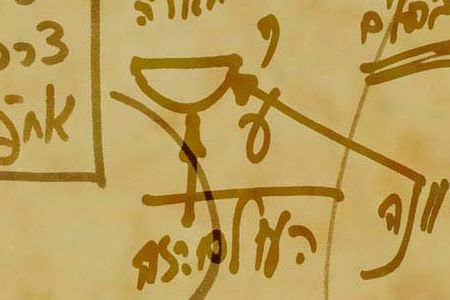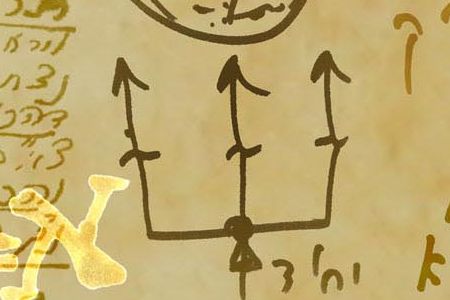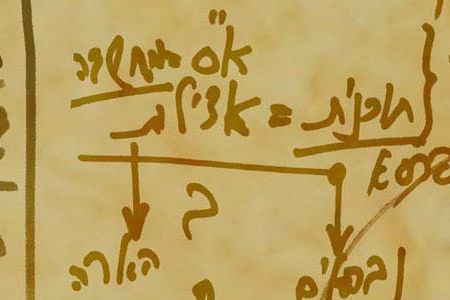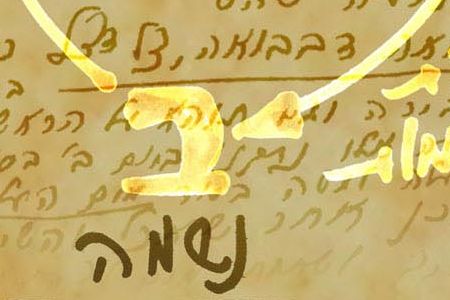Chayei Sarah (The Life of Sarah) Parsha – Weekly Torah Portion
Genesis, 23:1-25:18
This Week’s Torah Portion | Oct 24 – Oct 30, 2021 – 18 Heshvan – 24 Heshvan, 5782
In A Nutshell
In the portion, The Life of Sarah, Abraham gives a eulogy after Sarah’s death at the age of 127. He buys a lot for the grave from Ephron the Hittite for four hundred shekels of silver and buries her in the Cave of Machpelah, in Hebron.
Abraham objects to Isaac marrying a woman from the Canaanites, and sends Eliezer, his servant, to Aram Naharaim to find a wife for his son. When Eliezer approaches a well, he meets Rebecca and asks her to give him water. She gives him water, and offers water to his camels, as well. Eliezer takes her offer as a sign that she is the right woman for Isaac, and so he brings her to Canaan.
After the death of Sarah, Abraham marries Keturah, who bears six children, which Abraham sends eastward. Abraham died at the age of 175, and inherits all that he has to Isaac.
The end of the portion elaborates on the generations of Ishmael and on his passing at the age of 175.

Commentary by Dr. Michael Laitman
We need to remember that the Torah speaks of what happens within, as one reveals one’s soul, the innermost part. The revelation of the soul is gradual, and manifests in the stories of the Torah. Abraham is the initial force with which a person reveals the soul and opens the internality to discover the upper world. He is the first force of overcoming, the force of bestowal, along with that force’s female, Sarah, which is suitable for the degree of Abraham.
To know with which desires we can work and with which we cannot, we must sort out our self-centered desires, leaving the degrees with which we still cannot work for the next degrees, for states where the desire is stronger. To scrutinize the desire called Isaac, we must first remove the desire with which we cannot work, and sort it with another female, with Hagar, from whom comes Ishmael, the Klipa (shell/peel) of the right.
The Isaac degree within us emerges only afterward, and is an extension of the Abraham degree. It is written about Isaac, “For in Isaac will your seed be named” (Genesis, 21:12), meaning that Abraham’s rise to a higher degree is named Isaac. At the Isaac degree, one should reexamine one’s desires, and sort out with which desires it is possible to work, and with which it is impossible.
A person cannot scrutinize alone, as that person (Abraham) comes from only one force, one side, from the force of Hesed (mercy). Abraham is still without Gevura, and must first acquire the degree of Isaac, which is the foundation of Gevura. This is the point where the force of Eliezer comes to the aid. Eliezer is like the upper light—scrutinizing the desires for a person, bringing one to the degree where one can sort the next stage of correction out of all of one’s desires. That stage is called Rebecca.








